- Natalie C. Tronson
- Read Time: 6 mins
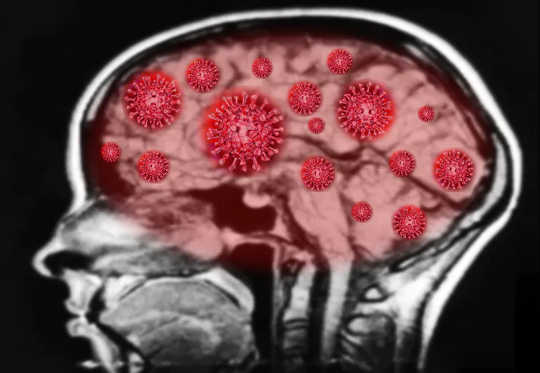
Of all frightening ways that the SARS-COV-2 virus affects the body, one of the more insidious is the effect of COVID-19 on the brain.

Of all frightening ways that the SARS-COV-2 virus affects the body, one of the more insidious is the effect of COVID-19 on the brain.

Adults with the healthiest sleep patterns in a new study had a 42% lower risk of heart failure regardless of other risk factors compared to adults with unhealthy sleep patterns.

Almost all of us will complain of being cold at some point, especially as lower temperatures arrive. But some people feel cold no matter the weather – and there are a number of reasons why this might be case.

Ten decibels more daytime neighborhood noise is associated with 36% higher odds of mild cognitive impairment and 30% higher odds of Alzheimer’s disease, according to a new study.
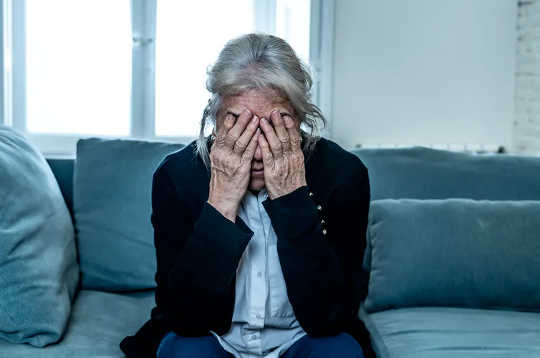
For many people, using a substance can be the way they cope – or mask mental health difficulties. Asking them to stop using drugs or alcohol means taking away their coping strategy and without immediate support it’s likely that person will return to using substances to cope with psychological distress.
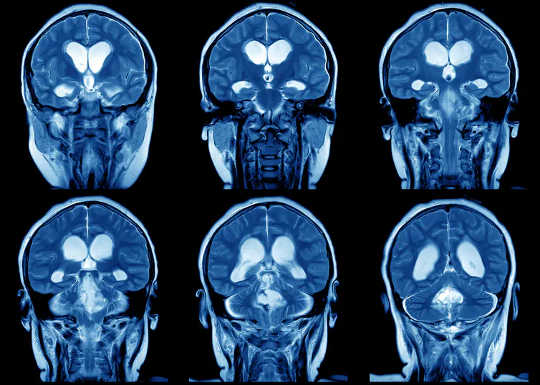
Neuroplasticity – or brain plasticity – is the ability of the brain to modify its connections or re-wire itself. Without this ability, any brain, not just the human brain, would be unable to develop from infancy through to adulthood or recover from brain injury.

Many of us rely on public transport to get to work, school, and to meet friends and family. But in the time of COVID-19 is it safe to use these vehicles and is there a difference between them?

Chronic fatigue syndrome (CFS) affects up to 24m people, globally, but little is known about its causes. Our latest study unravels some of this mystery. The results suggest that an overactive immune system may trigger this long-term condition.

How can you tell if you have a cold, the flu, or COVID-19? An expert offers advice for those worried sick about their symptoms.

Men in jobs with hard physical work have a higher risk of developing dementia compared to men doing sedentary work, new research reveals.
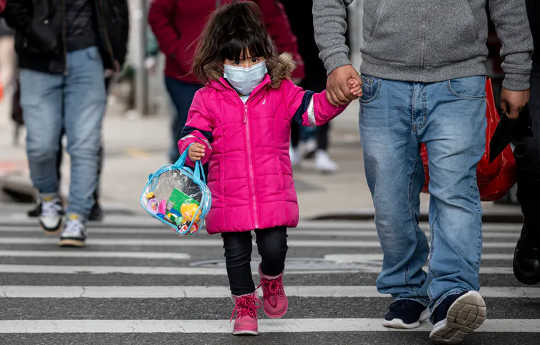
The Centers for Disease Control and Prevention has new guidance clarifying what exactly “close contact” means when it comes to transmission of SARS-Cov-2, the virus that causes COVID-19.

Cleaning and disinfecting frequently touched surfaces and objects (such as door handles) can help prevent the spread of infectious diseases. This is more relevant now than ever.

The human hand is remarkable. Not only does it allow us to throw, grab, climb and pick things up, it can also be a measure of health.
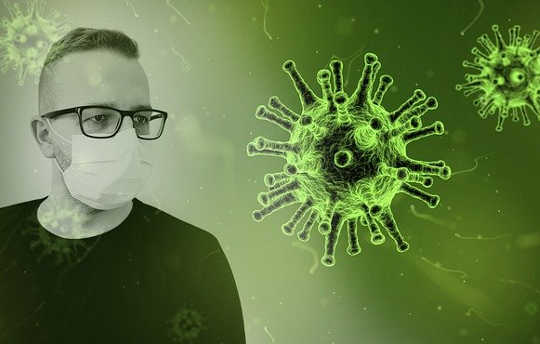
When will the pandemic end? All these months in, with over 37 million COVID-19 cases and more than 1 million deaths globally, you may be wondering, with increasing exasperation, how long this will continue.
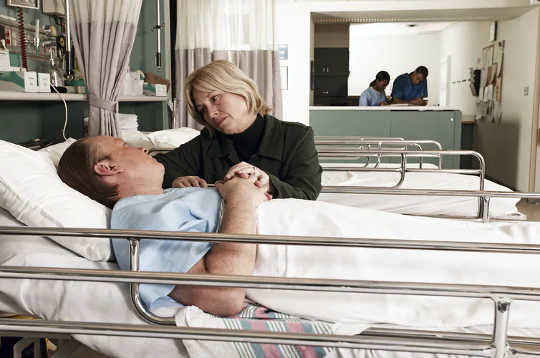
If you ask most women about how their male relatives, partners and friends respond to being sick, they’ll often tell you with an accompanying eye roll, “He’s such a baby.”
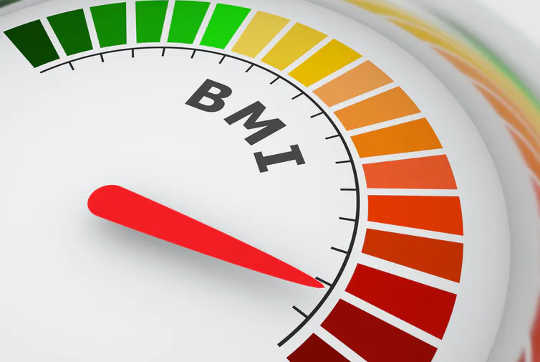
The World Health Organization has declared obesity to be a global epidemic that “threatens to overwhelm both developed and developing countries.” However, is obesity always bad when it comes to health?

For many of us, becoming ill with a virus might put us on the couch for a week or two. It’s frustrating, but after recovering we can generally get back to the things we’re used to.
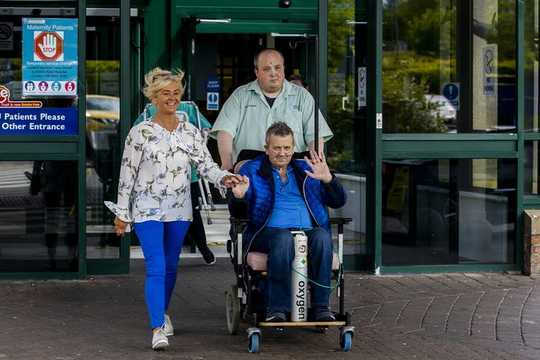
With over 2 million cases in the U.S. since the coronavirus pandemic began in late December, there are now many people who have recovered from COVID-19. At the same, there have been reports of people who continue to have long-term side effects from the infection.

Watching another person experience diabetes influences type 2 diabetics’ self-management of blood sugar levels, according to a new study.
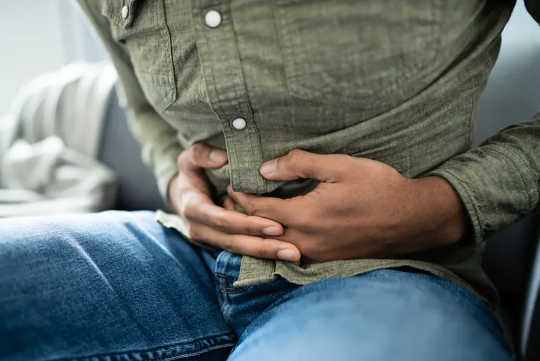
Media reports earlier this week described a Queensland nurse with stomach pains who went on to test positive for COVID-19.
Page 5 of 29

